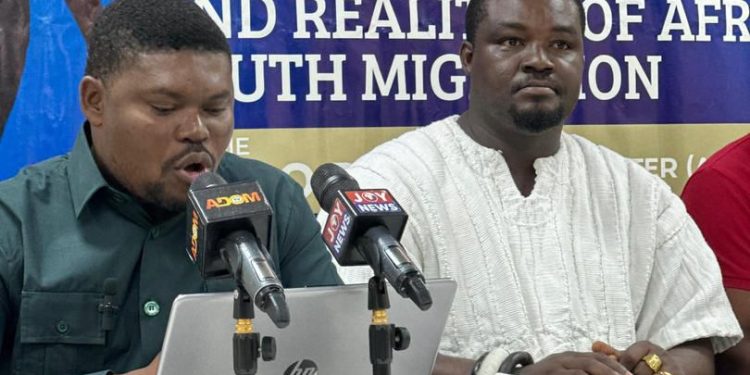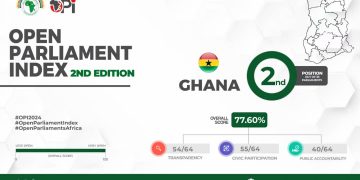African Media Urged to Expose “Migration Illusions” as Youth Continue to Fall Prey to Exploitative Schemes
African journalists must move beyond superficial coverage and take a central role in debunking myths about migration and uncovering exploitative recruitment practices, the African Leaders Network for Democracy, Emergence and Renewal (Réseau‑LEADER) said on Friday at a press conference in Accra.
Speaking at an event themed “The Role of the Media in Addressing the Illusions and Realities of African Youth Migration,” network leaders urged reporters, editors, and broadcasters to investigate the networks and narratives that lure thousands of young people off the continent with promises of prosperity. The conference took place on August 22, 2025; a follow‑up session with migration experts and institutional partners is scheduled to continue discussions in Accra on September 22, 2025.
“Every day, thousands of African youths are lured by embellished narratives of success in Europe, the Middle East, Asia and elsewhere,” said Nana Bafour Odefour Boamh Darko, Mawerehene of Akyem Adadientam. “Too often those dreams end in abuse, exploitation, or life‑threatening situations. Journalists must shine a light on these truths.”
Delegates singled out several troubling patterns. The event highlighted the “Alabuga Start” case in Russia, in which young African women were reportedly recruited under the pretext of training but allegedly subjected to exploitation. Organizers called on the press to pursue rigorous investigative reporting to clarify the many “grey areas” around that program.
Speakers also pointed to long‑documented abuses linked to the kafala sponsorship system in parts of the Middle East, where domestic workers—many from Africa—have faced passport confiscation, unpaid wages, poor living conditions and physical or psychological violence. Similar reports were raised about young Africans drawn to training or job offers in parts of Asia who later found themselves in conditions close to forced labour and largely invisible to local authorities.
In a declaration issued from the conference — the Accra Declaration on the Role of the Media in Addressing the Illusions and Realities of African Youth Migration — Réseau‑LEADER spelled out concrete expectations for the press. Journalists and newsrooms were urged to investigate and dismantle myths, dedicate airtime and digital platforms to awareness‑raising, and work with community leaders to relay accurate information in national and local languages.
“We urge media professionals to become true allies in this struggle,” the declaration said. “Trapped migration is not only an individual tragedy; it is a collective threat to the future of our continent.”
Dr Jean Emmanuel, chairperson of Réseau‑LEADER, also addressed young Africans directly: “Success is not achieved overnight. If your goal is to make it big by travelling to some Western countries, you may be putting your life at risk.” He called for reality‑based media campaigns that mobilise youth and amplify the voices of survivors so their testimonies can serve as warnings.
The Accra Declaration went further in calling for governments to probe dubious recruitment programs and for survivors’ testimonies to be elevated in mainstream reporting. It urged radio, TV and digital outlets to partner with civil society and policymakers in building “a united front against deceptive narratives and exploitative networks.”
Journalists and media organisations attending the Accra sessions said they would explore collaborative investigative projects, cross‑border reporting partnerships, and community‑level outreach to counter misinformation that often spreads on social media and through informal recruiters.
Réseau‑LEADER said it will continue to convene stakeholders and monitor progress. The next workshop in Accra on September 22 aims to produce a practical roadmap for responsible migration reporting and mechanisms for journalist collaboration across the continent.








